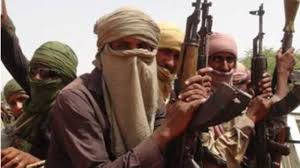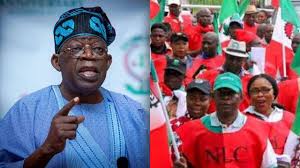Mauritanians Vote in Presidential Election with Incumbent Expected to Win

Mauritanians are voting in a presidential election with incumbent Mohamed Ould Ghazouani seeking a second term as he takes on six challengers in the West African desert nation.
About two million people are registered to vote on Saturday in the country of 4.5 million.
The 67-year-old and a former soldier has promised to accelerate investments to spur commodities boom and more economic growth with many living in poverty despite Mauritania’s fossil fuel and mineral wealth.
Elected for a first term in 2019, Ghazouani is widely expected to win due to the dominance of the governing El Insaf or Equity Party.
His opponents include antislavery activist Biram Ould Dah Ould Abeid, who came second in 2019 with more than 18 percent of the vote; lawyer El Id Mohameden M’Bareck and neurosurgeon Outouma Antoine Souleimane Soumare.
Also in the race are economist Mohamed Lemine El Mourteji El Wafi; Mamadou Bocar Ba of the Alliance for Justice and Democracy movement that represents mostly Black Mauritanians; and Hamadi Sidi Mokhtar Mohamed Abdi of the conservative Tawassoul Party, the main opposition with the largest number of parliamentary seats after El Insaf.
If re-elected, Ghazouani has promised a gas-fired power plant from the Greater Tortue Ahmeyim (GTA) offshore project, which is on track to start production by the end of the year. He also pledged to invest in renewable energy and expand gold, uranium and iron ore mining.
Relative stability
Ghazouani has presided over a period of relative stability since 2019, as Mauritania’s Sahel neighbours, including Mali, struggle with violence with the rise of armed groups that have led to military coups.
Mauritania has not recorded an attack on its soil in recent years and Ghazouani, who currently chairs the African Union, has promised to manage threats from such groups.
Prominent activist Abeid is challenging Ghazouani on his human rights record and the marginalisation of Mauritania’s Black African population, while Abdi has a following among conservative and religious voters.
There will be a run-off if no candidate receives more than 50 percent of the vote.
One opposition supporter in the capital, Nouakchott, who spoke to the Reuters news agency on condition of anonymity thought Ghazouani might struggle to win outright “if the votes are conducted transparently”.
In the last election, some opposition candidates questioned the credibility of the vote, prompting some small-scale protests.





